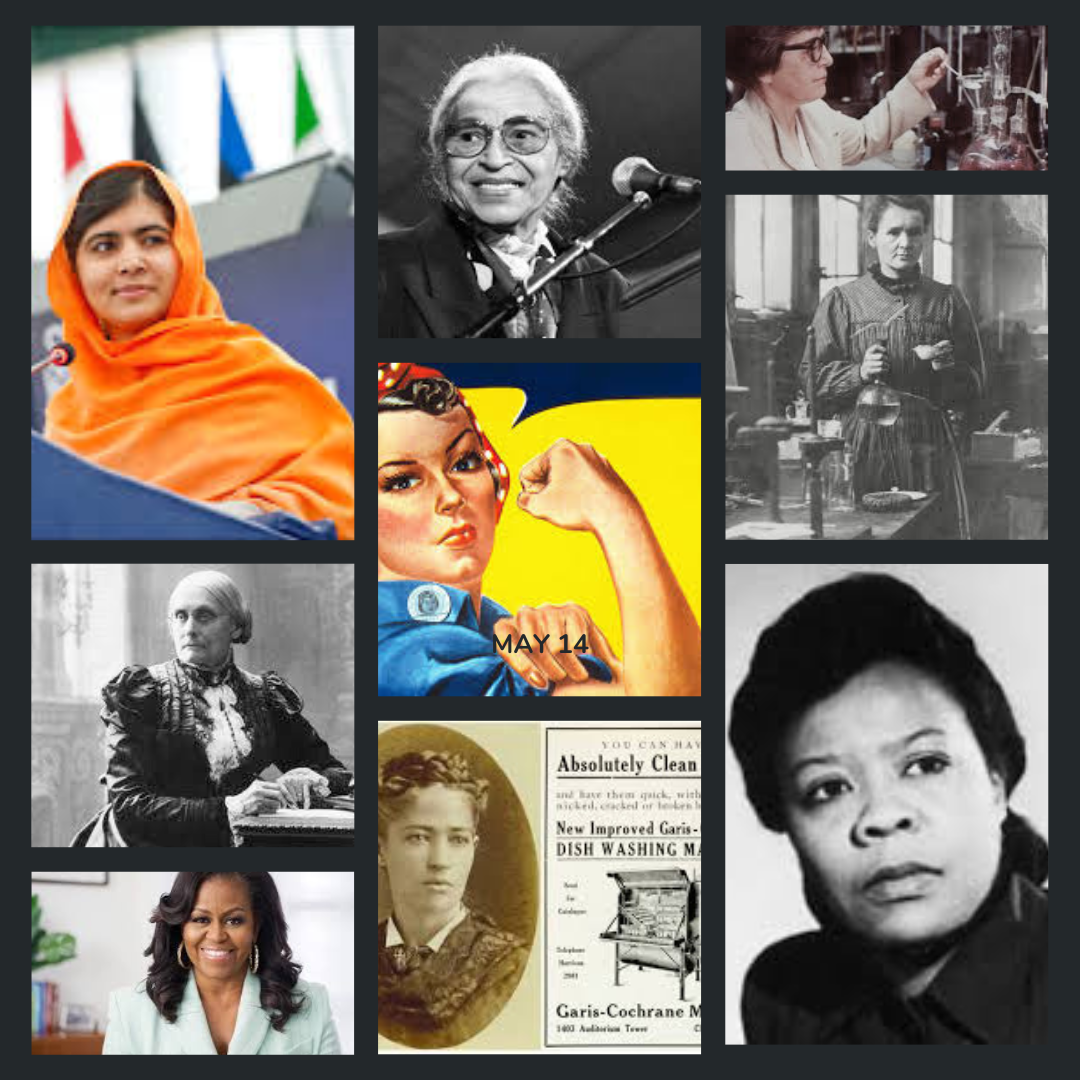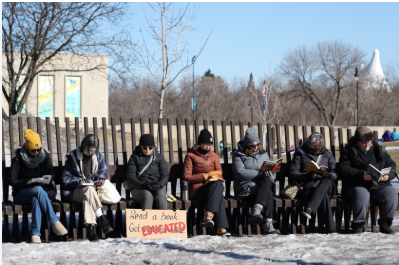March marks many important dates, like St. Patrick’s day, spring break, and the spring equinox among others. However, it is very important for women, as it is National Women’s History Month. Women’s History Month celebrates the countless women and their contributions in history. This has been observed annually dating back to 1987.
National Women’s History month hasn’t always been a month. It started as just a single day on March 8, 1911. It then expanded to a weeklong celebration of women’s contributions in 1978, in Sonoma, California. Eventually, the idea of celebrating women’s contributions became popular, and presentations were given at many schools, leading to hundreds of students participating in a Real Women’s essay contest.
Just a few years later, the idea caught on with other school districts and communities across the USA. By 1980, the 39 president Jimmy Carter declared the week of March 8 to be National Women’s history week. Years later in 1987, the National Women’s History Project successfully petitioned congress to turn the celebration from one week to the whole month of March.
The importance of Women’s History Month is sometimes forgotten. Women have made many impactful contributions to our country and history. The impact these women have made are often taken for granted, even by women themselves.
Rosa Parks personifies the often downplayed role women play as catalysts of history. By challenging an unfair segregation law which required blacks to give up their seat on buses to whites, Rosa forever changed race regulations. Her actions inspired others and caused boycotts to arise. The focus pressed onto this particular segregation law, causing the U.S Supreme Court to rule this law as unconstitutional. If it wasn’t for her bravery, hard work, and activism, who knows when this law would have been deemed unconstitutional. Without Park’s contributions, the fight for civil rights would have looked very different.
Another prominent figure in women’s history is Susan B. Anthony. Susan B. Anthony was a pioneer in the women’s suffrage movement in the United States, working to secure women the rights they enjoy today. Anthony was also president of the National Woman’s Suffrage Association. The result of Anthony’s work paved the way for the 19th Amendment, which became known as the “Susan B Anthony Amendment.” The 19th Amendment secured women the vote, and very well may not have happened the way it did without the work of Anthony and her supporters.
The world’s youngest Nobel Peace Prize recipient was, in fact, a woman. The powerful Malala Yousafzai won the Nobel Peace Prize in 2014 at the young age of 17, becoming the world’s youngest winner. Malala fought for girls’ education, and became a symbol for girls after she survived an attempted assanation by the Taliban at age 15, for standing up against the Taliban’s restriction on education in her home country of Pakistan.
However, this attempt on Malala’s life didn’t stop her from her fight. Malala continued to fight and stand up for girls’ education. Soon after, the Malala Fund was born, to support education for girls around the world. Malala’s determination and braveness has given girls all around the world a right to education.
These are just a few examples of how women have shaped history. National Women’s History Month dates back over one hundred years, and needs to be recognized more. Women have made countless impactful contributions to our lives today, and our days to come. Ways we celebrate include supporting women owned businesses, educating ourselves on women in history, and many countries and cities around the world hold parades, events, and parties ,as a way of celebrations.
Celebrating National Women’s History Month is not only a great way of celebrating women and their contributions, but also a great way to learn more about their impact on our world. Women have provided our world with great opportunities, impactful changes, and shaped history for the better.
WOMEN INVENTIONS
Ada Lovelace – came up with the algorithm for computers
Stephaine Kwolek- bullet proof fiber
Josephine Cochran- Invented the Dishwasher
Marie Van Brittan Brown- Home security system
Margaret Hamilton-Software that made the moon landing possible
Marie Curie- Theory of radioactivity
Maria Beasley- The lift raft
Florence Parpart- Refrigerator
Hedy Lamarr- Wireless Transmission Technology
Alice Parker- Central Heating




